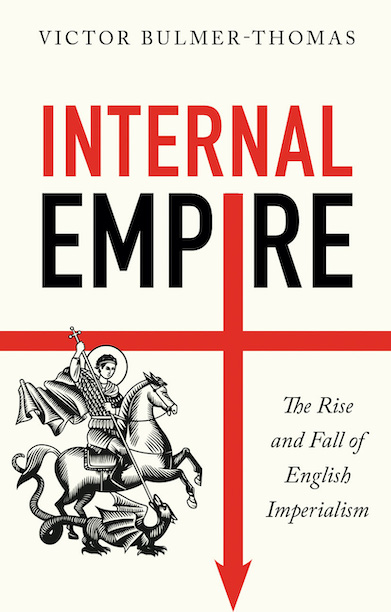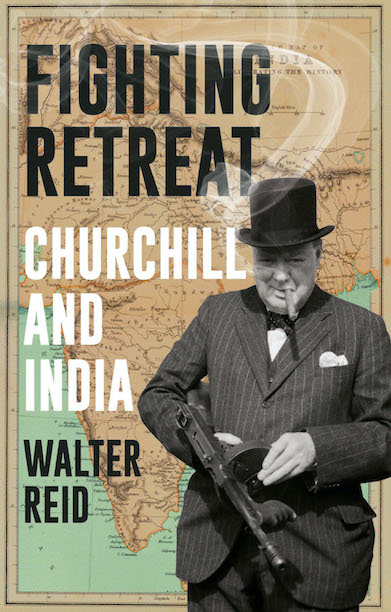Internal Empire
The Rise and Fall of English Imperialism
From the 900s to today, the fascinating past, present and future of English imperialism in Britain and Ireland.
Description
Over several centuries, England imposed itself by force and by treaty on the other three nations of the Hiberno-British Isles to form its own English Empire. For much of its life, the United Kingdom has only endured out of shared interest in overseas territorial expansion–a British Empire built on slavery. In his new history, Victor Bulmer-Thomas charts the slow rise and rapid decline of English imperialism at home, from the tenth century to the present.
When independence movements in the colonies began challenging the British Empire, a Commonwealth was constructed to hold together both former imperial possessions—including the Irish Free State—and the four nations of the internal empire. The Commonwealth was later supplanted by the European Economic Community, but Europe’s potential as a long-term source of cohesion for the UK was dashed when the English voted to leave the EU in 2016, dragging the whole UK with them.
With Empire, Commonwealth and Europe all gone, British unity is more fragile than ever. Facing the prospect of an independent Scotland, a reunited Ireland and an increasingly autonomous Wales, England may yet have to acknowledge its forgotten history as an aggressive imperial force on Britain’s own, often unwilling, soil.
Reviews
‘A well-written overview of English hegemony in the Isles. … The best possible book on the topic.’ — H-Net
‘This is a remarkable book, remarkable in the considerable period it covers, from the early Middle Ages virtually to last year, for the immense complexity of the issues discussed and the clarity with which they are expounded, for the manner in which the four nations are addressed in turn, and finally remarkable for the boldness with which recent controversies such as Brexit are approached. . . [This is] a brave and formidable book, enterprisingly exploring the nature of identities in all four nations of the Hibernian and British Isles.’ — John M. MacKenzie, The Round Table
‘The story of how England dominated the (geographical) British Isles is as reprehensible as that of the later British Empire. This lucid and coherent account of that imperialism is invaluable, not least because it’s not over. Its management may yet see the disintegration of the UK. This book is a warning.’ — Simon Jenkins, Guardian columnist, and author of A Short History of England
‘Bulmer-Thomas has written a timely and seminal work, explaining not only what English imperialism is, but also that the four nations of the UK were once all nation states, and that they may once again become states. Compelling and convincing, a masterful account.’ — Assad Shoman, lawyer, historian and former high commissioner of Belize to the UK
‘Internal Empire is to be warmly welcomed. Demonstrating the value of considering English imperialism over the length of British history, it also contextualises and helps us understand today’s important political issues and the very future of the UK as a unitary state.’ — Sir Tom Devine, Professor Emeritus, University of Edinburgh
‘A timely and immensely readable book. It explores 1,000 years of English imperialism, a history less of voluntary union and more of assimilation and incorporation set against England’s hegemony. Given current contexts, debate about the Union’s survival needs proper historic location—this book provides it.’ — Laura McAllister, Professor of Public Policy, Cardiff University
Author(s)
Victor Bulmer-Thomas is Honorary Professor in the Institute of the Americas, University College London. Between 2001 and 2006, he was the director of Chatham House. He is the author or editor of some thirty books, including, most recently, Empire in Retreat: The Past, Present, and Future of the United States.


